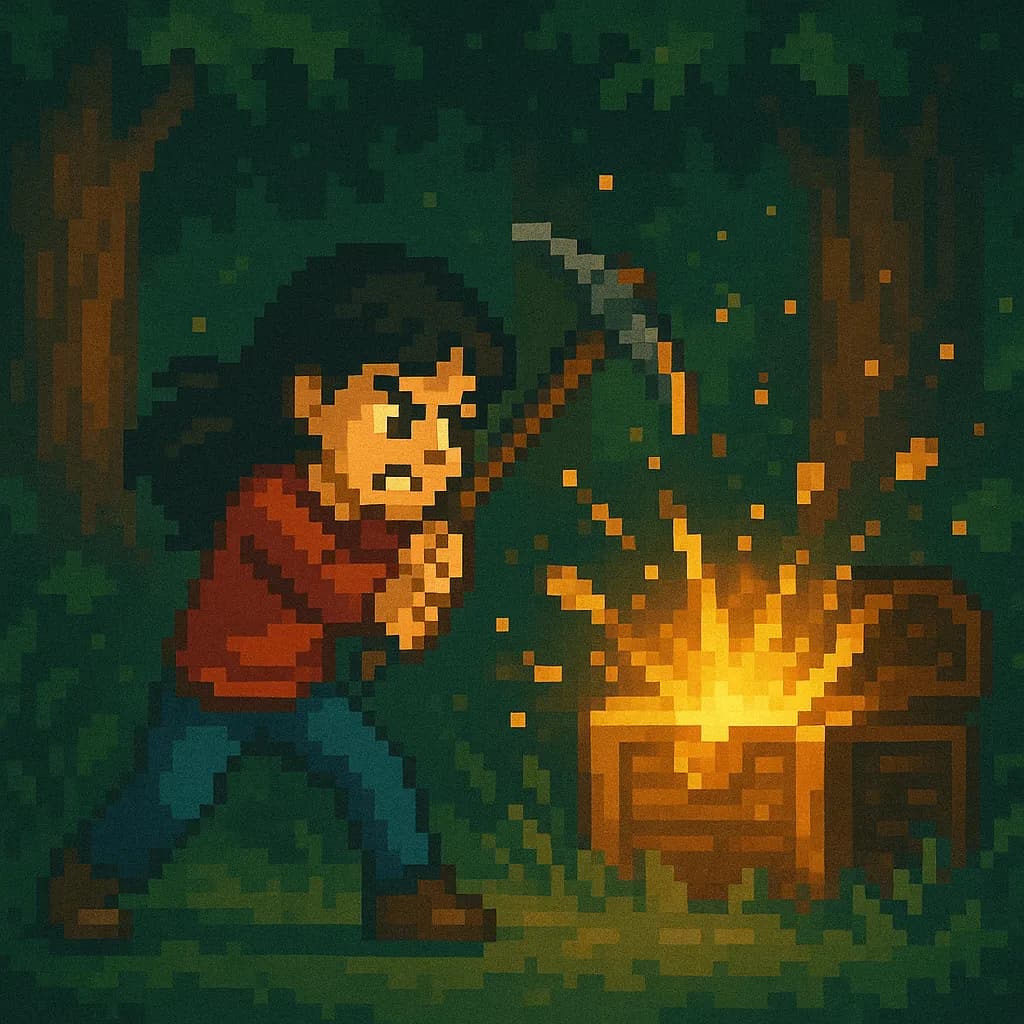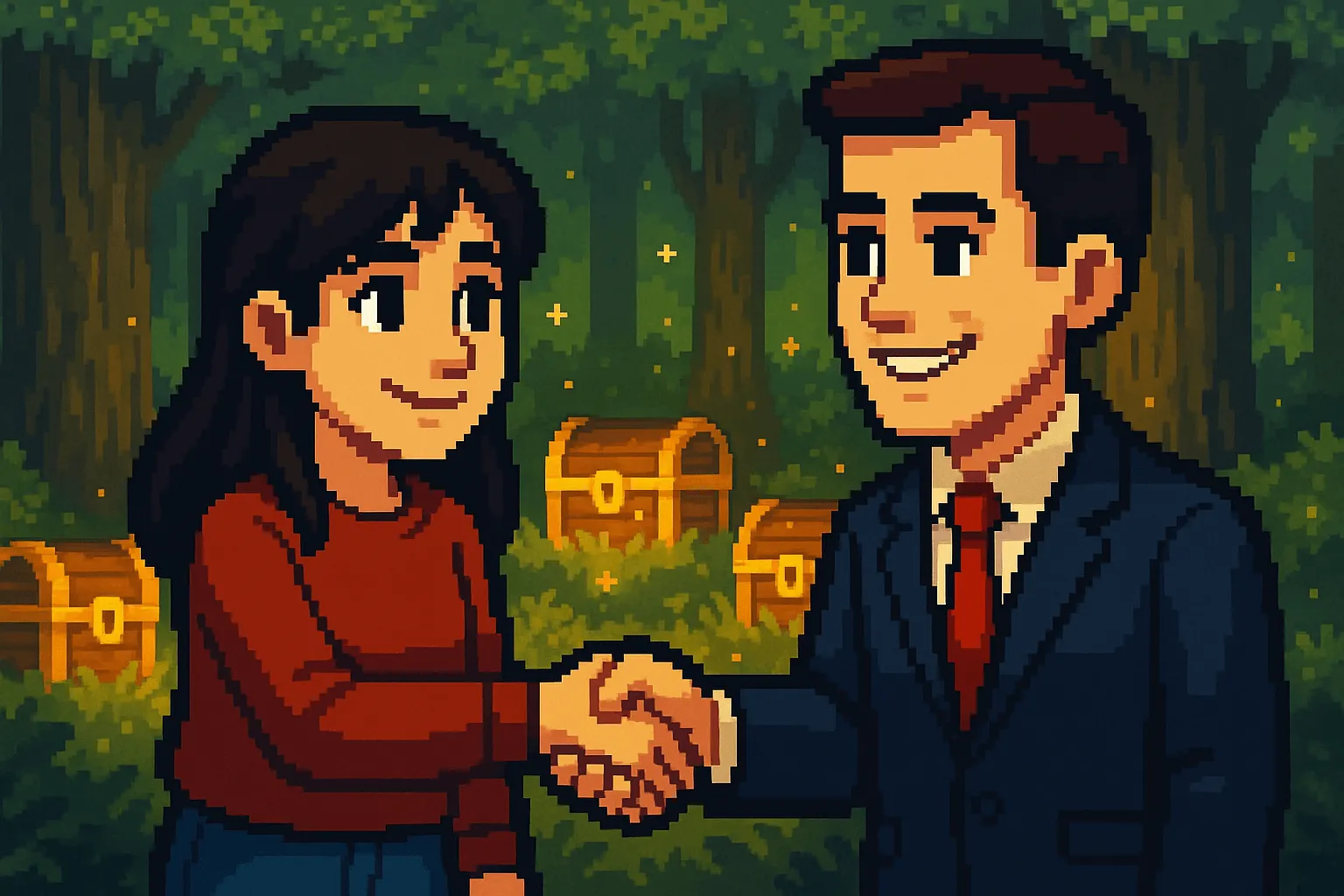Switch to the audio version if you prefer to learn by listening rather than reading.
AI-generated audio transcript
•TL; DR;
- Don't downplay your achievements in interviews. What seems simple to you now was challenging when you did it.
- Focus on the growth moments and challenges you overcame, not just the final outcome.
- Your story is unique and valuable, regardless of how it compares to others.
The Interview Simulation
Some time ago, I was helping a colleague prepare for a front-end interview. She had solid experience in web development but was still early in her career journey. We were doing interview simulations to see how she would perform under pressure.
There wasn't enough time to cram for technical questions. Those are either you know them or you don't. So we focused on something equally important: how she would present her background and past projects.
We talked about her experience, the challenges she faced, and how she would describe her contributions to previous teams. This is where things got interesting.
The Hidden Achievement

One of her recent projects was an internal upgrade that sounded straightforward on paper: upgrading a frontend project to the latest library versions. But as she described it, she was surprisingly modest about her involvement.
"It wasn't that big of a deal," she said, downplaying what I knew was actually a significant undertaking.
Here's what she didn't mention in her modest retelling:
- The project was over 5 years old and severely behind on dependencies
- She had to perform two major React upgrades just to support the new UI library
- The old Semantic UI library was no longer maintained, so she had to completely replace it
- All feature development was paused during this upgrade
- Only critical production fixes were allowed
This wasn't just a simple version bump. It was a complete modernization of a legacy codebase under tight deadlines.
Why We Downplay Our Success

I do this myself. I have countless stories about overcoming difficult situations, but with time, the pain fades and those solutions don't seem like such a big deal anymore.
Looking back with my current experience, some of those things may seem simpler now.
But that perspective is dangerous in interviews. What seems simple to you now was genuinely challenging when you did it.
The moments that gave you headaches, the situations that made work harder than usual. Those are your growth moments. And that's exactly what interviewers want to see.
How to Tell Your Story Right

Next time you're telling a story about a past project, focus on the things that gave you headaches, or made work just a little bit harder than usual. Those are the moments that you grew, and the person on the other end of the interview is quite interested in seeing your growth moments. That's why the question was asked in the first place.
Conclusion

We solve problems with respect and dedication. When we overcome challenges and deliver value to our clients, we should feel proud of that work.
Don't let time and experience diminish the significance of your past achievements.
In interviews, your story isn't just about what you built. It's about how you built it, what you overcame, and how you grew in the process.
Celebrate your achievements. Tell your story with the pride it deserves. The person on the other side of the interview is genuinely interested in seeing your growth moments. That's why they asked the question in the first place.
Your journey, your challenges, and your solutions matter. Don't downplay them.
Have a great day!
